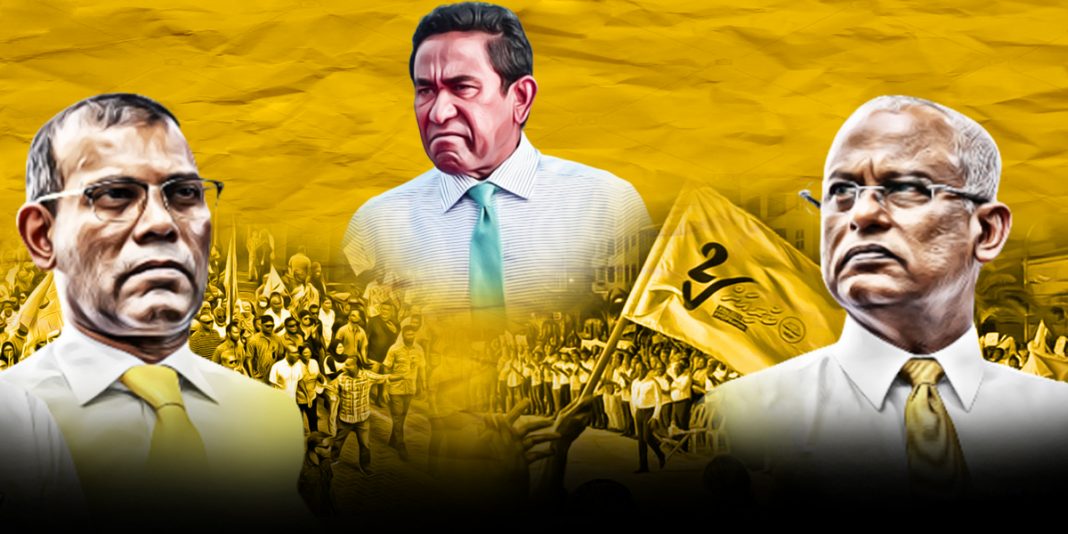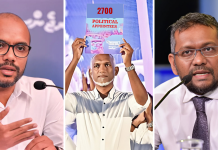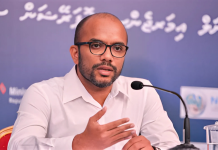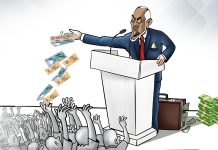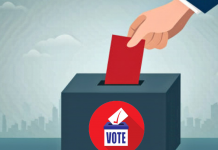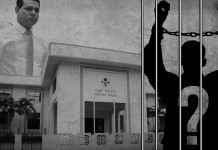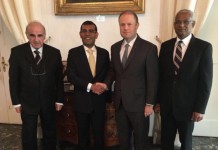Ibrahim Mohamed Solih, the current President of Maldives, recently won the presidential primary within the Maldivian Democratic Party (MDP) ensuring that he will be the presidential candidate of the party for the upcoming Presidential elections in September 2023. His convincing victory over Mohamed Nashid by a 22 per cent margin (Solih garnered 62 per cent and Nasheed 38 per cent votes in the primary) establishes Solih as the leader to take the MDP forward in the next round of elections. However, the election has been mired in controversy.
Mohamed Nasheed and his camp are bickering over the results claiming that the elections were rigged by the Solih faction. This opens up another episode of rivalry between the two leaders which started in 2018. The previous Abdulla Yameen government charged Nasheed with terrorism and he was sentenced to a 13-year jail term in March 2015, resultantly he was forced to escape the Maldives and live in exile in London where he was granted political asylum as well as spent years in Colombo as the part of his exile terms. After the fall of Yameen government in 2018, the Maldives Supreme Court exonerated Nasheed’s conviction, terming it “questionable and politically motivated.”
He returned to Male, with desire and expectation to hold the presidential post. The top decision-making body of MDP, however, selected his former deputy, Solih over him as presidential candidate. Solih emerged triumphant in the presidential polls of 2018 and Nasheed was subsequently elected Speaker of Parliament. Yet, his aspirations to be re-elected as the president was remained unfulfilled. He assumed a more hawkish stance against the chosen leader of his own party in the recent elections, often accusing Solih of inaction on corruption and against violent extremist groups affiliated with ISIS and al-Qaeda on unfounded grounds.
Nevertheless, the popular perception remains that Solih won the presidential primary in a fair manner on the back of his clean record and service delivery that includes infrastructure projects such as providing safe drinking water, his policy of free university education, transportation and communication, social security and successfully steering the tourism-dependent economy through the crisis period of COVID-19 pandemic.
The internal feud within the MDP does not augur well for Maldives as it offers the main opposition party i.e. Progressive Party of Maldives (PPM) and its jailed leader Abdulla Yameen an open opportunity to exploit the political uncertainty in Maldives. Abdulla Yameen, the former President of Maldives, is currently serving an 11-year jail term on the charges of money laundering and bribery during his rule.
During his presidency and even after being in opposition, Yameen held an anti-India stance, the country which helps Maldives generously all the time. Under Chinese influence, he acted as the proxy for China in Maldives granting several infrastructure projects to Chinese companies and entering agreements with China, including those that undermined the sovereignty of the island nation such as leasing away the island of Feydhoo Finholu to a Chinese company. The China-Maldives Free Trade Agreement (FTA) is another case in point. By joining the Maritime Silk Road component of China’s Belt and Road Initiative (BRI) without due diligence of the projects, Maldives became heavily indebted to China and had virtually offered itself to China’s salami-slicing strategy of gobbling territories of other states to increase its own strategic advantage. Moreover, China’s interference in the domestic politics of Maldives also became rampant under the Yameen regime. Yameen’s rule also undermined the democracy of Maldives by subverting many democratic practices and acting as an authoritarian ruler of the island nation.
Contrary to Yasmeen’s fabricated accusations, India never interfered in the domestic politics of Maldives. It has always respected the general will of the people of Maldives and cooperated with whichever party or person is in power. In fact, despite the political turmoil in Maldives, India’s External Affairs Minister, Dr S. Jaishankar steered clear of political wranglings in Maldives in his recent visit to the country.
His visit was solely marked by the developmental agenda for the Maldives. Activities such as inaugurating an India-funded community centre in Fokaidhoo island, handing over two sea ambulances to the Maldivian Defence Ministry, signing three MoUs including a proposed collaboration between Cochin University and the Maldives National University and development of a sports complex, as well as providing a grant of $100 million for High Impact Community Development Projects were undertaken by the Indian Minister.
India’s interest has always been to induce indigenous development in Maldives by creating infrastructure projects such as the Great Male Connectivity Project and the construction of an international airport at Hanimadhoo in Haa Dahaalu Atoll to boost tourism in Maldives, which is its economic mainstay.
A chink in MDP’s armour will therefore only strengthen the chances of Yameen and his aides to capture power again and subvert the democracy and sovereignty of Maldives. For the national interest, Nasheed must accept the verdict of the presidential primary and work with Solih to strengthen the democracy, sovereignty and autonomy of Maldives by helping him win the elections and forming a citizen-centric popular government in the upcoming elections.

